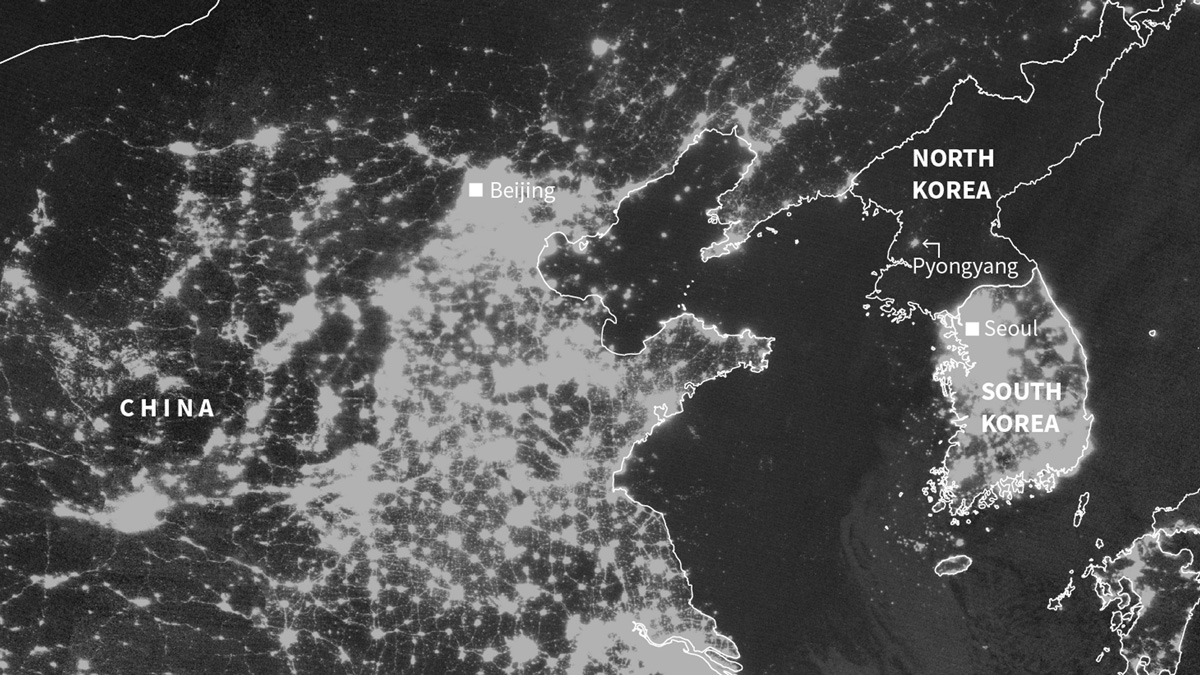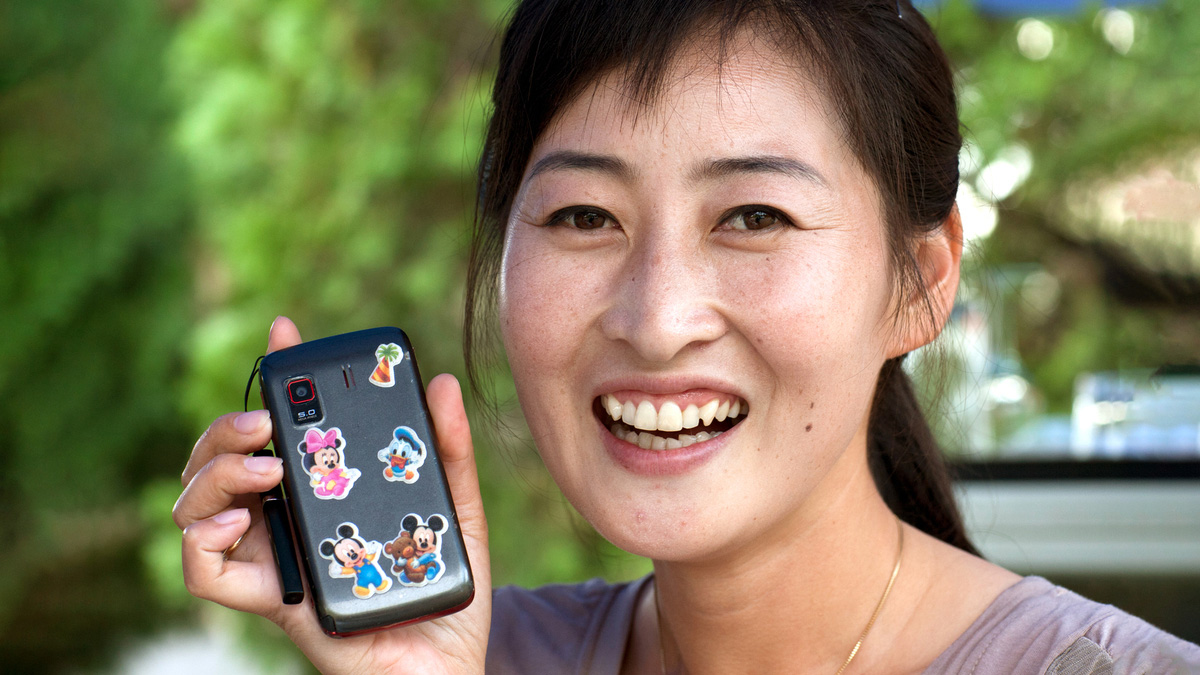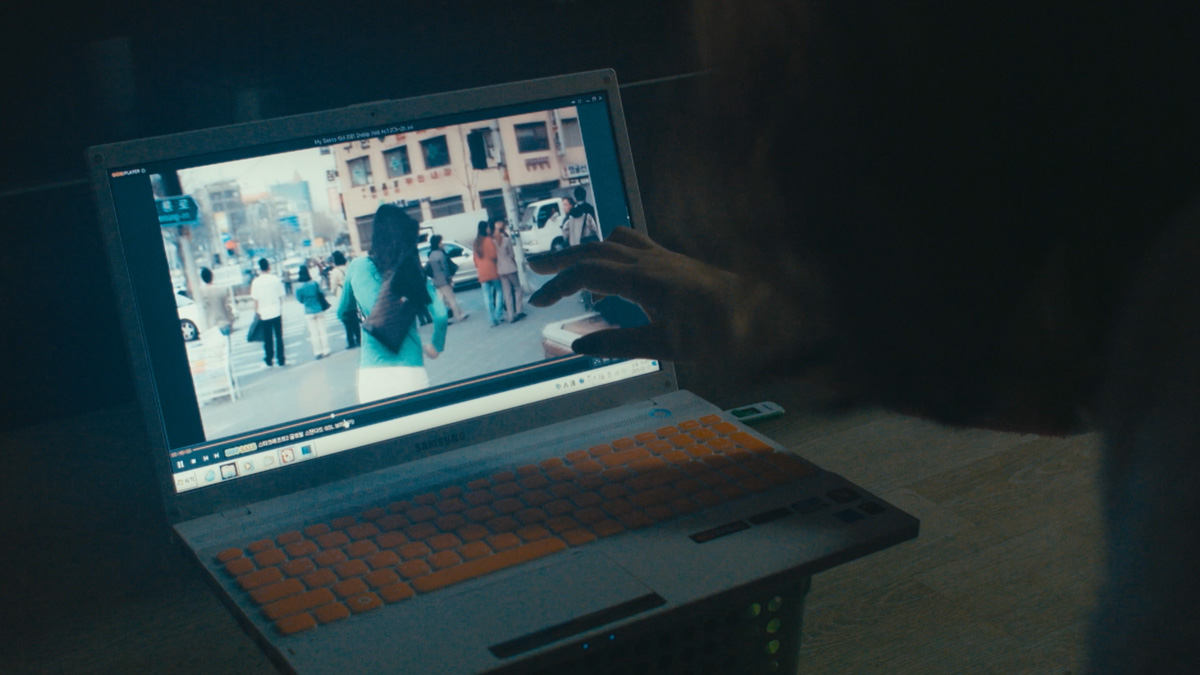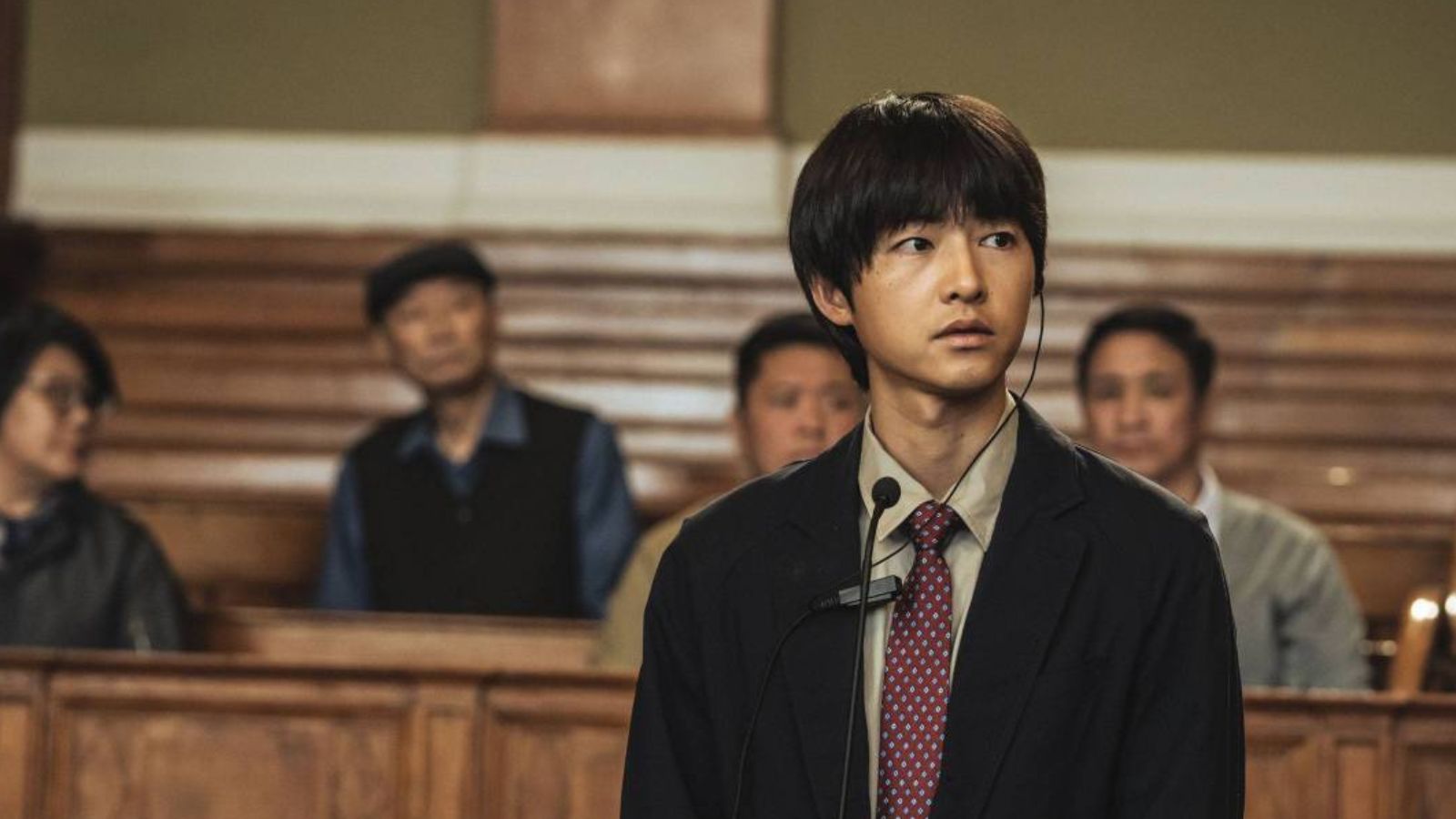Foreign Media in North Korea - How Kpop is Challenging the Regime
Movies, TV shows, and music hold power. They’re a way for us to connect through common experiences, reckon with different sides of humanity, and revel in the beauty of being here at all. They transport us to another time and place- perhaps one of our imaginations- and most importantly, allow us to dream and imagine a limitless future.

In recent years, South Korean media and entertainment has gained international recognition. People like Hyun Bin and Son Yejin, the stars of popular Korean drama Crash Landing on You, have become household names, while Parasite swept the 2020 Academy Awards and music from K-pop groups like BTS are charting globally.
Meanwhile, just across the border, North Korea remains one of the most closed societies in the world. Yet even in the “hermit kingdom,” foreign media is accelerating empowerment of the people and change within the country!
Forced Isolation and the Regime’s Information Monopoly
The North Korean government has maintained power for decades through a system of imposed isolation, relentless indoctrination, and brutal repression. A complete monopoly on information and ideas within the country has been key- outside media threatens to challenge the legitimacy of their propaganda, and by extension, their control.
The 2014 United Nations Commission of Inquiry on Human Rights in North Korea reported an almost complete denial of the right to freedom of thought, conscience, and religion as well as of the rights to freedom of speech, opinion, expression, and association.

The regime employs a range of strategies to enforce information control:
- Restricting movement across borders and within the country
- Random house searches
- Severe punishment, including public executions, to deter foreign media consumption and sharing
- Sophisticated digital surveillance
- Jamming phone signals and locating users through signal triangulation
- Mobile OS file signature system that only permits government-approved apps and files
The Spread of Foreign Media
Despite this isolation and unparalleled internal restrictions, the North Korean people have been quietly changing their country from within, including through foreign media access. Through market activity and the movement of people and goods across the Chinese border, they have forced the gradual opening up of their society. Movies and music are smuggled into the country on USBs, SD and MicroSD cards, and small portable media players, offering illicit access to information from the outside world.
With lights off and windows shuttered, North Koreans will watch foreign media despite the risks. If all else fails, bribes are a way for people to reduce punishment if caught. Most North Korean police and government officials rely on bribes to survive, and some defectors complain that they are actually the biggest consumers of foreign media because they confiscate so much.

Information Technology in North Korea
Within North Korea, a broad range of information technologies are available, although they should be registered with authorities. Laptops and computers officially run on a government operating system, Red Star OS, while the North Korean intranet, Kwangmyong, is air-gapped from the internet and heavily surveilled. However, in practice, many North Koreans have non-networked devices used for games, editing software, watching videos, and to copy, delete and transfer media on removable devices.
Mobile phones are also common with approximately 6 million on the North Korean network, meaning roughly 1 in 4 people have one. These North Korean phones generally cannot make international calls and the operating system limits users to approved state media (programs have been developed to bypass this security). On the other hand, smuggled Chinese phones can be used in border regions on the Chinese network. These have been crucial for staying in touch with relatives who have escaped or defected, who often send back money and information from the outside world.

Radios are the only channel of foreign media and news available real-time across the country. While they should officially be registered and fixed to North Korean stations, it is relatively easy to tamper with radio sets to pick up foreign broadcasts. In border regions, some TVs can also pick up live programming from South Korea and China. Traditionally, TVs were connected to DVD players, but newer LCD televisions also have direct USB input ports.
How Foreign Media Changes Perceptions
Among foreign media, entertainment from South Korea is particularly attractive, produced in the same base language by people with the same ancestry. They contain glimpses of rich and free realities just across the border. In comparison, domestic North Korean media seems old-fashioned and disingenuous, designed to reinforce the regime’s ideologies.
As North Koreans learn more about life, freedom and prosperity in the outside world, and their own relative poverty, the regime’s ideology and control are eroded.

“At first you see the cars, apartment buildings, and markets and you think it must be a movie set. But the more you watch, there’s no way it can be just a set. If you watch one or two [movies] it always raises these doubts, and if you keep watching you know for sure. You realize how well South Koreans and other foreigners live.”
– Danbi, escaped North Korea in 2011
Empowered by foreign media, North Koreans are exploring their creativity and potential through everyday acts of resistance- using South Korean slang, copying fashion styles, and sharing pop culture references. In this culture war, Kim Jong-un has called for crackdowns on "unsavory, individualistic, anti-socialist behavior" among young people to restrict freedom of expression.
Foreign media also facilitates shared acts of resistance. People will swap USB devices with trusted friends and neighbors, increasing confidence in one another through a symmetrical transaction. Some people may also watch and discuss movies and shows together, increasing the media’s subversive influence and creating social networks.
The Regime’s Response
During the pandemic, we’ve seen unprecedented levels of isolation and restrictions, closing off the country more than ever before. To buttress control, Kim Jong Un has simultaneously increased crackdowns and punishments on foreign media consumption. In December 2020, the “anti-reactionary thought law” made watching foreign media punishable by 15 years in a political prison camp.
While the situation is harrowing, the government’s extreme response underscores the power of foreign media. The regime recognizes that social changes driven by North Korean people are a threat to their authority and control in the long term.
Accelerating Foreign Media Access and Change
Moving forward, increasing access to outside information is one of the most effective ways to help the North Korean people and bring forward change.
Information and technology support for North Korean people has historically been an under-utilized and under-invested strategy. LiNK Labs is our area of work focused on this opportunity- we’re developing technologies, networks, and content to empower North Korean people with access to information and ideas from the outside world.
My Name Is Loh Kiwan | Fictional Story, Real Lives
From a crumpled piece of paper, he copies his name onto the Application for Recognition of Refugee status. The letters flow together in neat, sloping script to spell–Loh Kiwan.
This seemingly mundane declaration of identity serves as the focal point of Netflix’s recently released movie, My Name is Loh Kiwan. Showcasing the titular character’s past and present struggles as a North Korean defector seeking asylum in Belgium, the film follows Kiwan’s journey through both hope and heartbreak while he fights for a new life in freedom. He shows unimaginable resilience in the face of tragedy, betrayal, and bureaucratic apathy, carving out a place where he can live as himself, for himself.

Though based on a fictional novel, Loh Kiwan’s story captures the real life experiences of many North Korean refugees. Whether it be the harrowing circumstances of his escape, the subsequent challenges Kiwan faces while applying for asylum, or even the emotional turmoil of contending with his trauma, My Name is Loh Kiwan derives its drama from reality when depicting the struggles of North Korean defectors.
Uprooted by an act of defiance that saves his friend’s life, Kiwan and his mother escape across the border to China and live there under constant threat of arrest and forced repatriation. With no legal status as refugees and no legal options for leaving the country without government approval, North Korean defectors in China are exceptionally vulnerable to trafficking and exploitation. They live in the shadows, concealing their identities as best they can, despite cultural and language barriers. If captured and returned to their home country, they are subject to brutal torture, imprisonment, and execution. Rather than face such inhumanity, many see suicide as a final escape and carry poison or razor blades with them, much like Kiwan and his mother.
It is ultimately his mother’s sacrifice that saves Kiwan from such a fate. Her death forces him into a position nearly every North Korean refugee recognizes–having to leave behind friends, family, and loved ones with aborted goodbyes for the sake of everyone’s safety and survival. Kiwan’s only material connection to his mother is a photo and a wallet full of blood. In reality, most leave with even less than that.
Not wanting to incriminate the people close to them if they are caught trying to escape, most North Korean refugees forgo any identifying documents or proof of their existence. They take only the bare essentials for survival, not knowing that their arrival in a new country is only the beginning of their journey, or even if they'll make it.
But this is not the narrative Liberty in North Korea believes in. No North Korean person should have to endure the struggles or celebrate the successes of resettlement alone. Much like the assistance Kiwan later receives from an advocacy group that offers legal support and a community of other North Koreans, LiNK walks with our North Korean friends on their journey to freedom. And when they begin new lives, we support their success, amplify their voices, cultivate more leaders and changemakers working on this issue together.
In this, Kiwan’s story reflects yet another reality of the North Korean people. Not only do they encounter extraordinary hardships, but also, they face them with extraordinary strength. Throughout the film, Kiwan persists in his pursuit of an earnest, honest life. Despite setbacks and situations where he’s forced into hurt or hiding, he stays true to his mother’s wish for him to live well, and in doing so, inspires the people around him to do the same.

He finds hope, love, and freedom in others, but most importantly, in himself. When placed on trial to prove his identity before the court, Loh Kiwan proclaims the name his mother gave him.
Owning one’s identity as a North Korean person is not always easy. From the start of their escape, they are forced to hide. Once they reach freedom, the stigma and prejudice people hold towards their homeland pressures many to erase their accent or change their name–sometimes as a form of self-protection, other times as a way to fit in.
What Kiwan’s story shows, however, is that there is hope at the end of hiding. There is beauty in the simple, everyday life he longs for–a life where he can work for himself and share meals with friends, have a home, have a future, and have the choice to stay or go.

This is the life the North Korean people deserve, and every day, both within the country and without, they fight towards a better future. Their courage and indomitable spirit are not just figments of fiction. With your help, their freedom will become a reality.
Sign up below to learn how YOU can help support North Korean refugees today.




